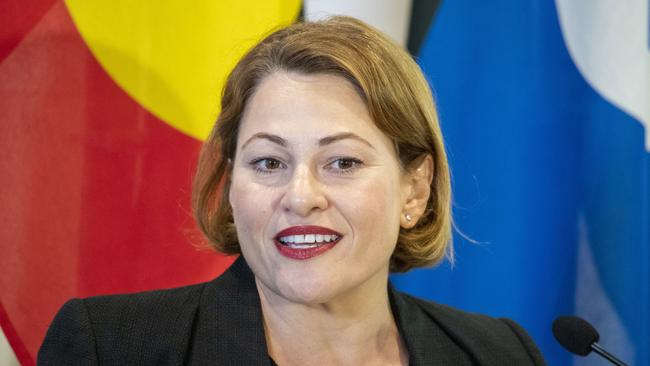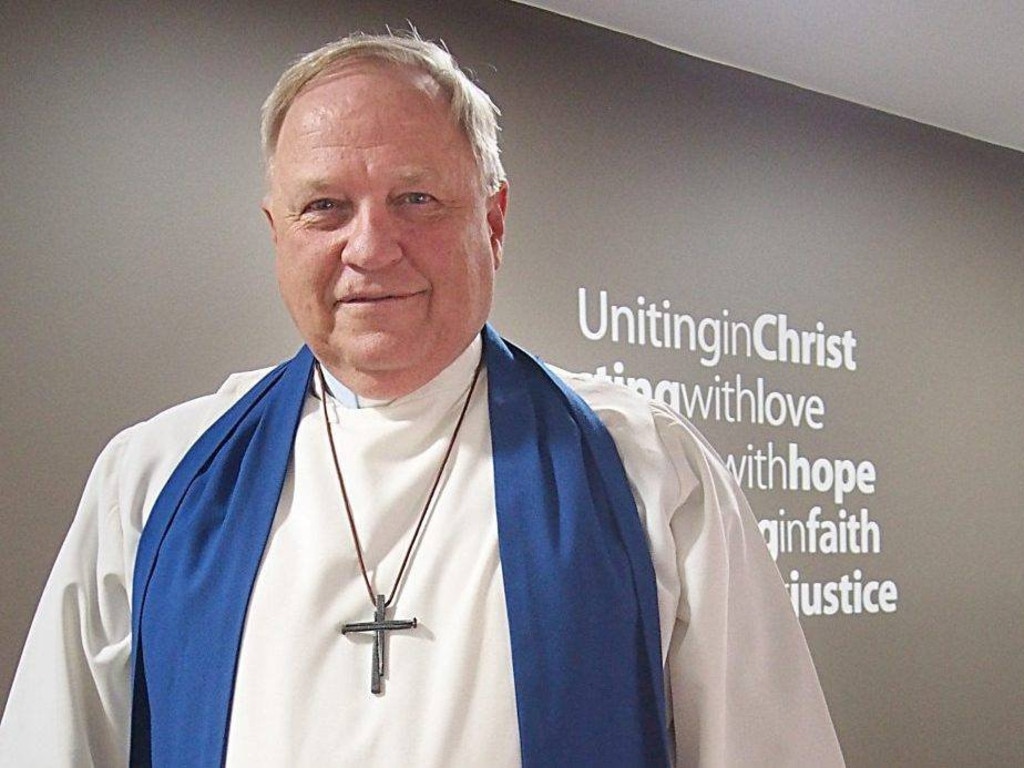‘Jackie Trad laws’ on political donations may be invalid
Caps on Qld political donations and election spending could be subject to a court challenge.

Caps on political donations and election spending in the Palaszczuk government’s so-called “Trad laws” could be unconstitutional and vulnerable to a High Court challenge, new legal advice reveals.
Barrister Stephen Keim SC has warned that the proposed Queensland legislation — if passed unchanged — could violate the implied freedom of political speech and create a “particularly un-level playing field” for charities and non-profit groups compared with unions, employer associations, corporations and industry lobbies.
“Rather than levelling the playing field, the imposition of restrictions is likely to push charities and NGOs at the lower end of the expenditure continuum completely out of the political debate,” Mr Keim’s advice to the Human Rights Law Centre reads.
“It is impossible to see how this could constitute a legitimate objective, or how it could constitute a justifiable burden on political discussion in Australia.”
The Attorney-General, Yvette D’Ath, introduced the legislation into parliament late last year to crack down on ministerial conflicts of interest, after Deputy Premier Jackie Trad’s investment property scandal. The bill also aims to take the big money out of politics, introducing extra regulations for funding and expenditure for state elections.
But elements of the proposed laws have attracted criticism from a wide range of sources, including the Crime and Corruption Commission, the state’s Integrity Commissioner, the Queensland Law Society, the Queensland Council of Unions, the Uniting Church and small environmental groups. The legislation requires third parties, such as charities or non-government organisations, who spend “a vanishingly tiny” $1000 on electoral expenditure to officially register, triggering “elaborate and expensive regulatory requirements”, Mr Keim said.
He gave the example of a north Queensland conservation group which might raise $10,000 to spend on a local newspaper and letterbox campaign to urge voters to support candidates who protect cassowaries. Mr Keim said the threat of extra regulation and compliance costs might deter the local group from engaging in the political discussion.
“($1000) seems an extraordinarily low threshold if the objective is to make the playing field level and to avoid big money distorting the electoral process and politics,” he said. The advice reveals that, if challenged, the laws could be vulnerable to being declared unconstitutional and invalid in the High Court.
The Human Rights Law Centre’s Alice Drury said the proposed law had great potential to be a “game-changing reform” but unless it was amended it could face legal challenge.
Ms D’Ath said she expected there would be mixed views on the proposed reforms, but insisted the majority of stakeholders were supportive of the bill’s intent, to create a more accountable and transparent electoral system.
The government would work with concerned stakeholders, particularly in the not-for-profit sector, to ensure the laws did not have “unintended consequences”.
“What Queenslanders want at elections is a contest of ideas, not a political arms race,” she said.
In a separate submission to the parliamentary committee reviewing the bill, Gladstone Conservation Council co-ordinator Anna Hitchcock said she feared that it would soon be against the law for the group to run a small non-partisan election candidates’ forum during an election campaign.
Mackay Conservation Group co-ordinator Peter McCallum said the $1000 threshold for registration as a third party was too low, and some groups would spend more money grappling with new administration requirements than they were spending on public interest advocacy.
“Such an impact is not only unreasonable, but likely to have a chilling effect whereby organisations decide not to participate in the election debate, rather than face the significant administrative requirements required for a registered third-party campaigner,” Mr McCallum said.






To join the conversation, please log in. Don't have an account? Register
Join the conversation, you are commenting as Logout